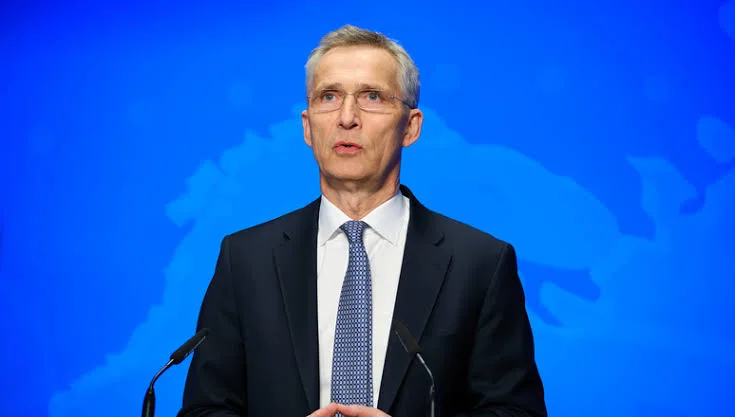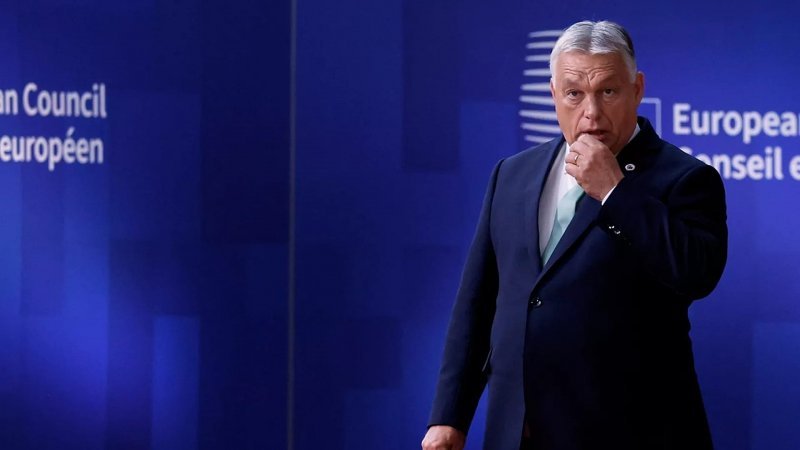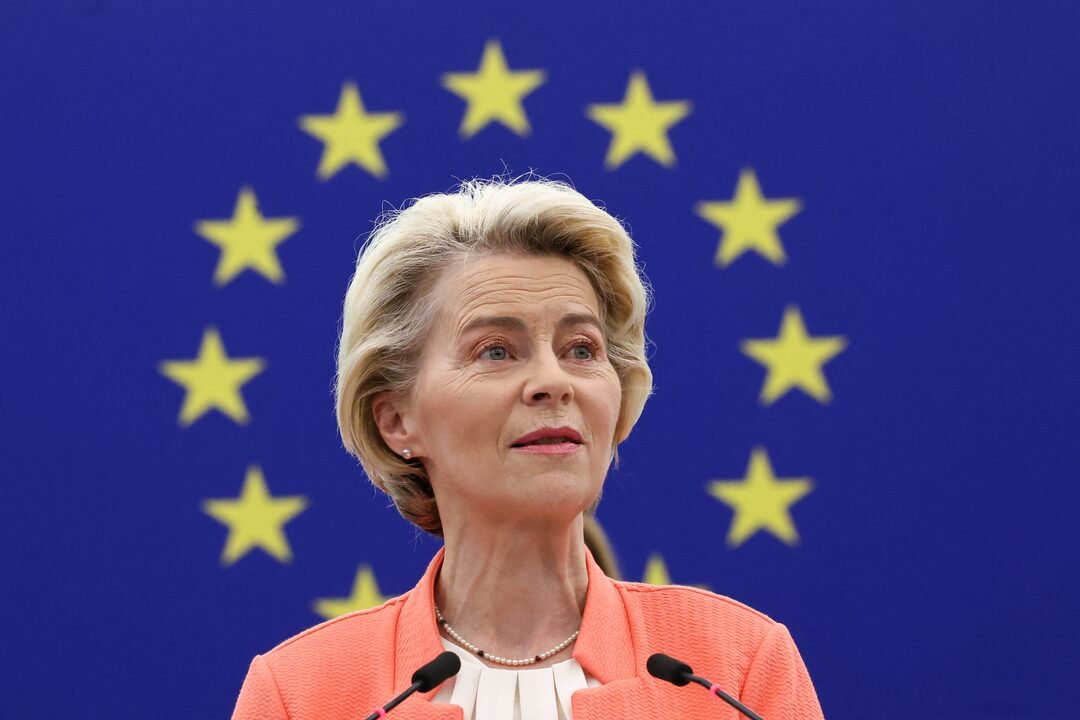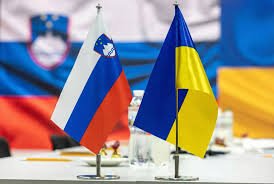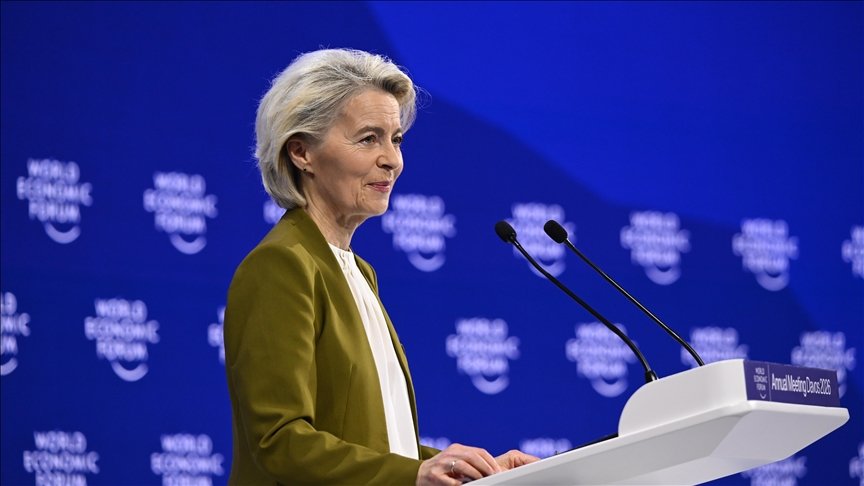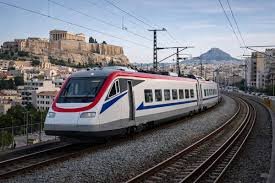Brussels, April 03, 2024, The Europe Today: NATO Secretary-General Jens Stoltenberg has put forward a proposal for military assistance to Ukraine amounting to €100 billion ($108 billion) over the next five years, as reported by multiple diplomats familiar with the matter.
The objective is to finalize an aid package in time for the NATO summit scheduled to take place in Washington in July.
The proposal is set to be deliberated during a two-day meeting of NATO foreign ministers convened in Brussels on Wednesday and Thursday, with Stoltenberg presiding over the discussions at NATO headquarters.
The call for increased aid arises against the backdrop of growing apprehension regarding potential stagnation in support for Ukraine’s defensive efforts against Russia’s invasion. Ukrainian authorities have issued warnings regarding depleting ammunition stockpiles.
A $60 billion funding package proposed by the United States has encountered obstacles in Congress, particularly due to opposition from Republicans. However, there are optimistic expectations that lawmakers may advance the package in the coming weeks.
According to reports from the German news agency DPA, NATO diplomats aim to reduce the reliance of Ukraine’s support on political developments within individual member states and redistribute the burden of responsibility among alliance members. This shift is prompted by concerns surrounding the potential reelection of former US President Donald Trump, who previously hinted at encouraging Moscow to target NATO nations failing to meet their financial commitments.
NATO is considering assuming some coordination functions from the US-led Ukraine Defense Contact Group (UDCG), commonly known as the Ramstein group. Currently, the United States bears primary responsibility for coordinating arms deliveries to Ukraine through the UDCG.
In addition to discussions on aid to Ukraine, NATO ministers are expected to address the process of selecting Stoltenberg’s successor. While there were hopes of reaching a decision on his replacement during the talks, Dutch Prime Minister Mark Rutte reportedly enjoys widespread support from 90% of members. Nevertheless, opposition from Hungary and a surprise challenge from Romanian President Klaus Iohannis have complicated the selection process.
